%
awareness in Toronto
97% of Torontonians were aware of the Invictus Games.
nations tuned in
People from 111 nations tuned in to watch the Invictus Games on TV.
%
increase in PTSI awareness
The Invictus Games raised awareness about PTSI 71%.
Invictus Games research shows a fundamental shift in Canadians’ positive perceptions towards ill, wounded and injured veterans and service members, and increased support for veterans with mental and physical injuries.
Research conducted following the conclusion of the Invictus Games Toronto 2017 suggests that the Games fundamentally shifted the way Canadians view and support servicemen and servicewomen and veterans. This research served as an important tool in understanding the general public’s views on the Invictus Games Toronto 2017.
Overall the research suggests that Canadians now have a greater understanding of the challenges faced by veterans returning from service with “strongly agree” more than doubling to 34 per cent since a similar survey conducted in July 2017.
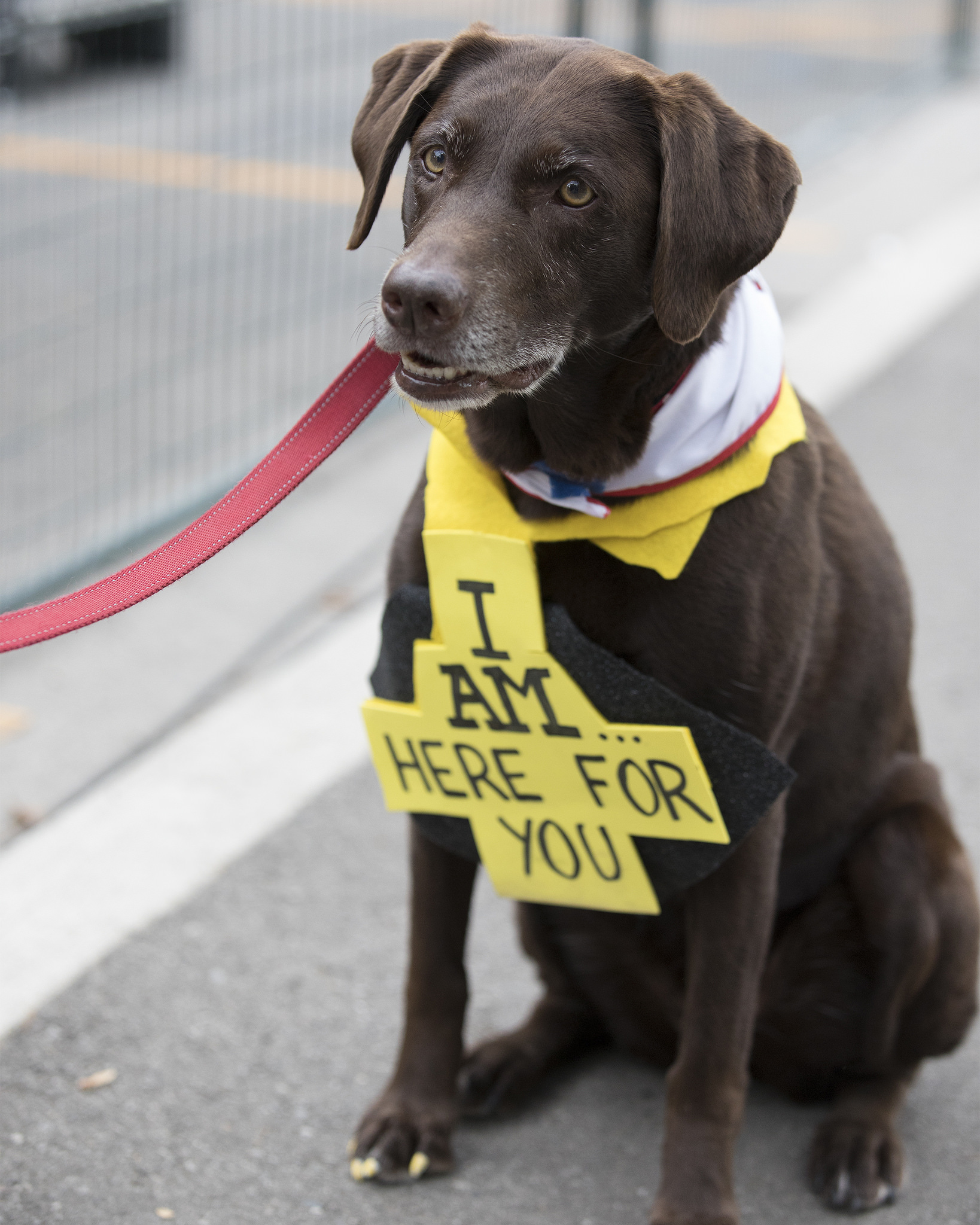
-
- The research reveals that 96% of Greater Toronto Area (GTA) residents “strongly” or “somewhat agree” that post-traumatic stress injury (PTSI) is a significant issue for those who serve.
-
- Understanding “challenges faced by veterans returning from service” has more than doubled in the GTA following the Games, suggesting an increase in empathy.
-
- 9 in 10 respondents said they want “do their part” to support veterans facing mental and physical injuries
-
- Comparing survey results from before the Games (July 2017) versus after the Games, there were significant increases in associations ofservice members with sentiments such as empowerment, optimism, power, drive and transformation among GTA residents polled.
-
- Association of the sentiment of “sadness” for veterans decreased during this same period.
The Games generated more than 2 billion broadcast, media and social media impressions around the world, shining a spotlight on the competitors, their personal stories and the friends and family members who support them.
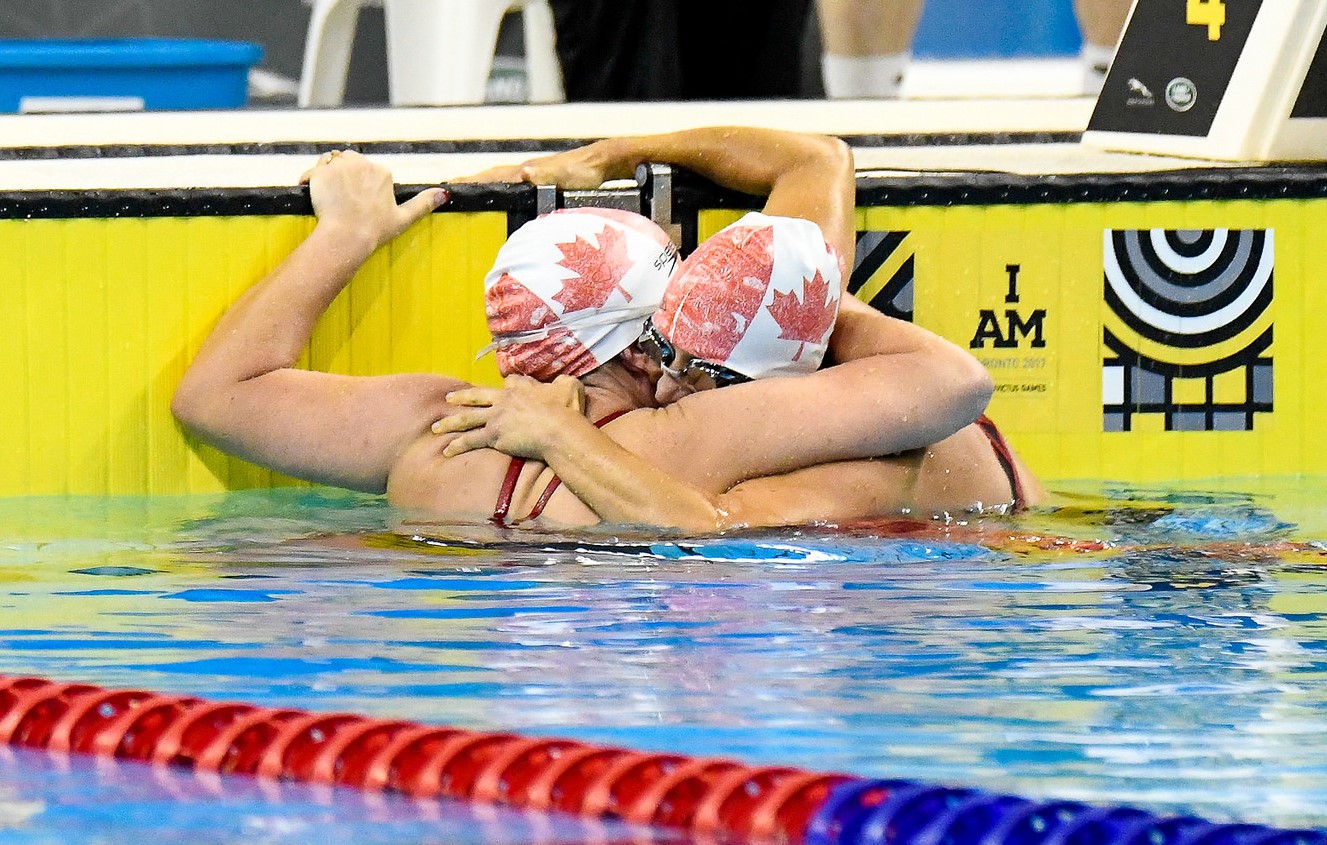
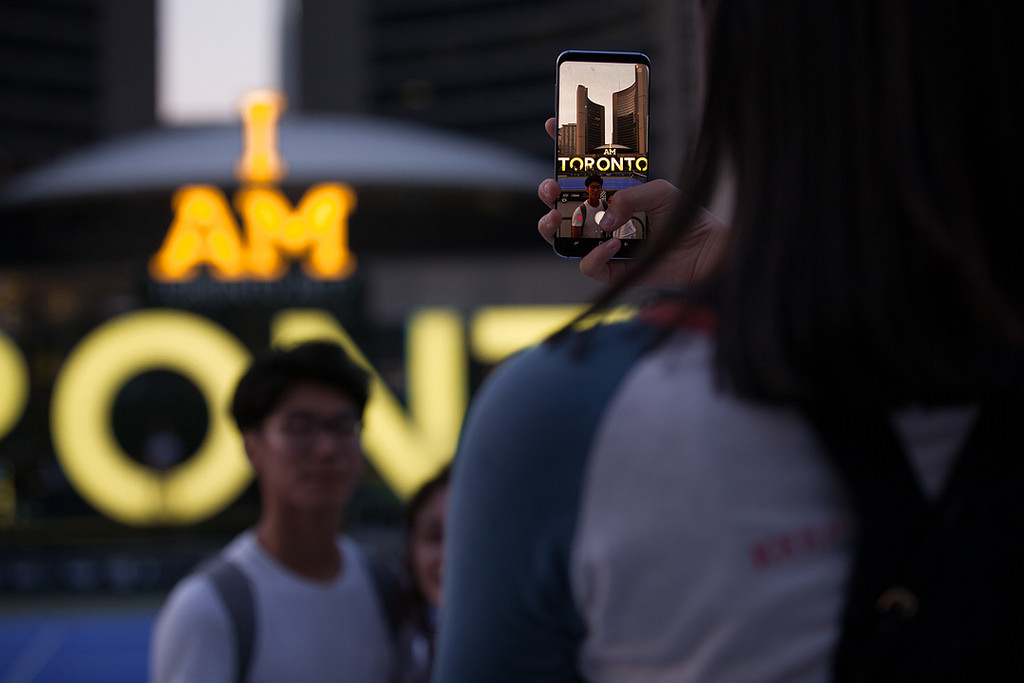
-
- In the GTA, aided awareness of the Invictus Games soared from eight per cent in April 2016 to 93 per cent after the Games, with 89 per cent saying they have a (very/somewhat) positive impression of the Games.
-
- In the city of Toronto, awareness reached 97 per cent following the Games. Nationally, awareness shifted from five per cent to 84 per cent.
-
- The Games were perceived, above all else, as being about the competitors — at 64 per cent rather than the 53 for the competition.
-
- Overall, 62 per cent of Canadians who were aware of the Invictus Games said they engaged with TV was the key source of information about the Games, with 76 per cent of respondents citing information from TV, including coverage by CTV and TSN followed by print, including the Toronto Star, and Facebook.
The research suggests that the Games — leveraging the healing power of sport — have had a lasting impact on Canadian service members and veterans, and the way they are perceived by Canadians.
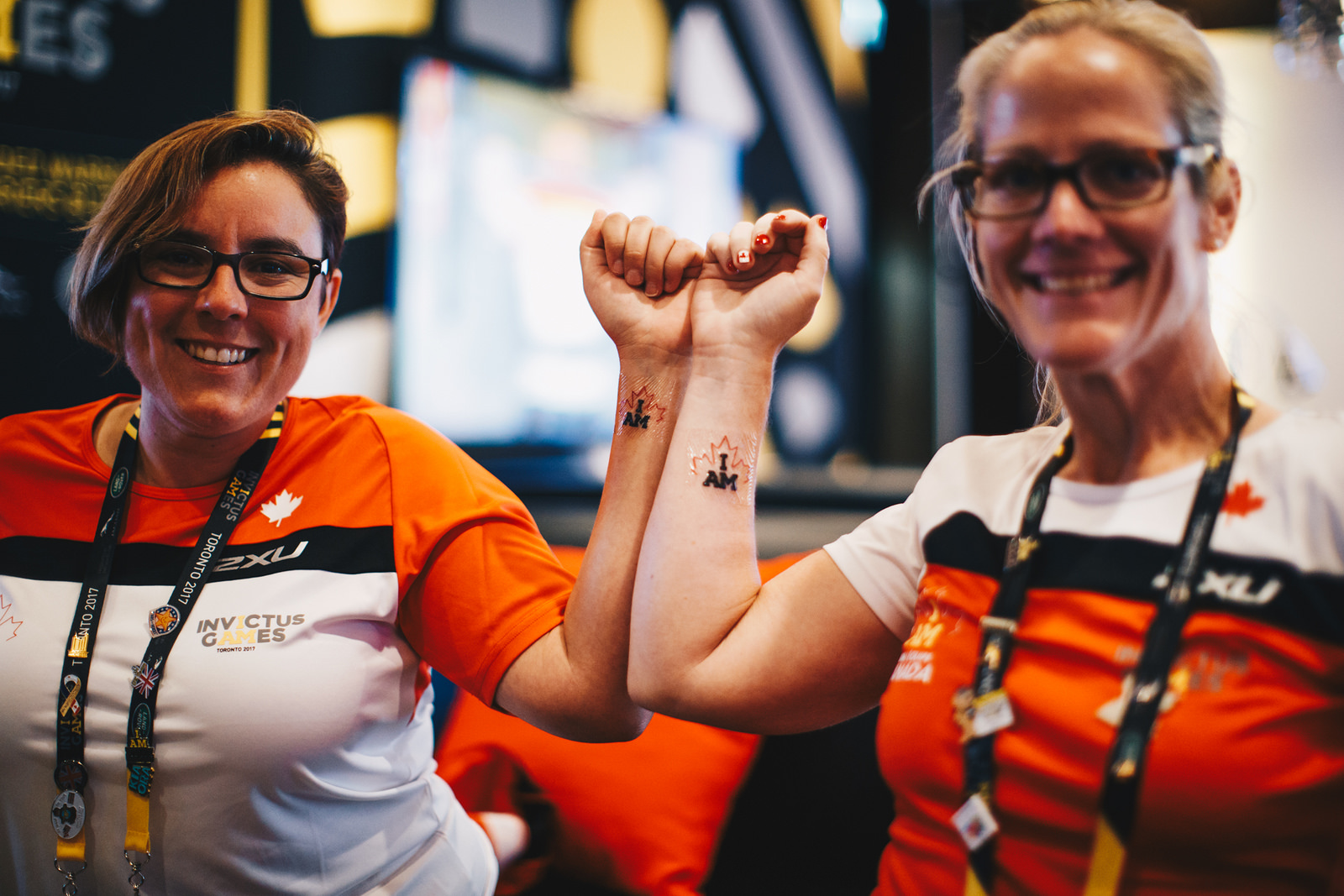
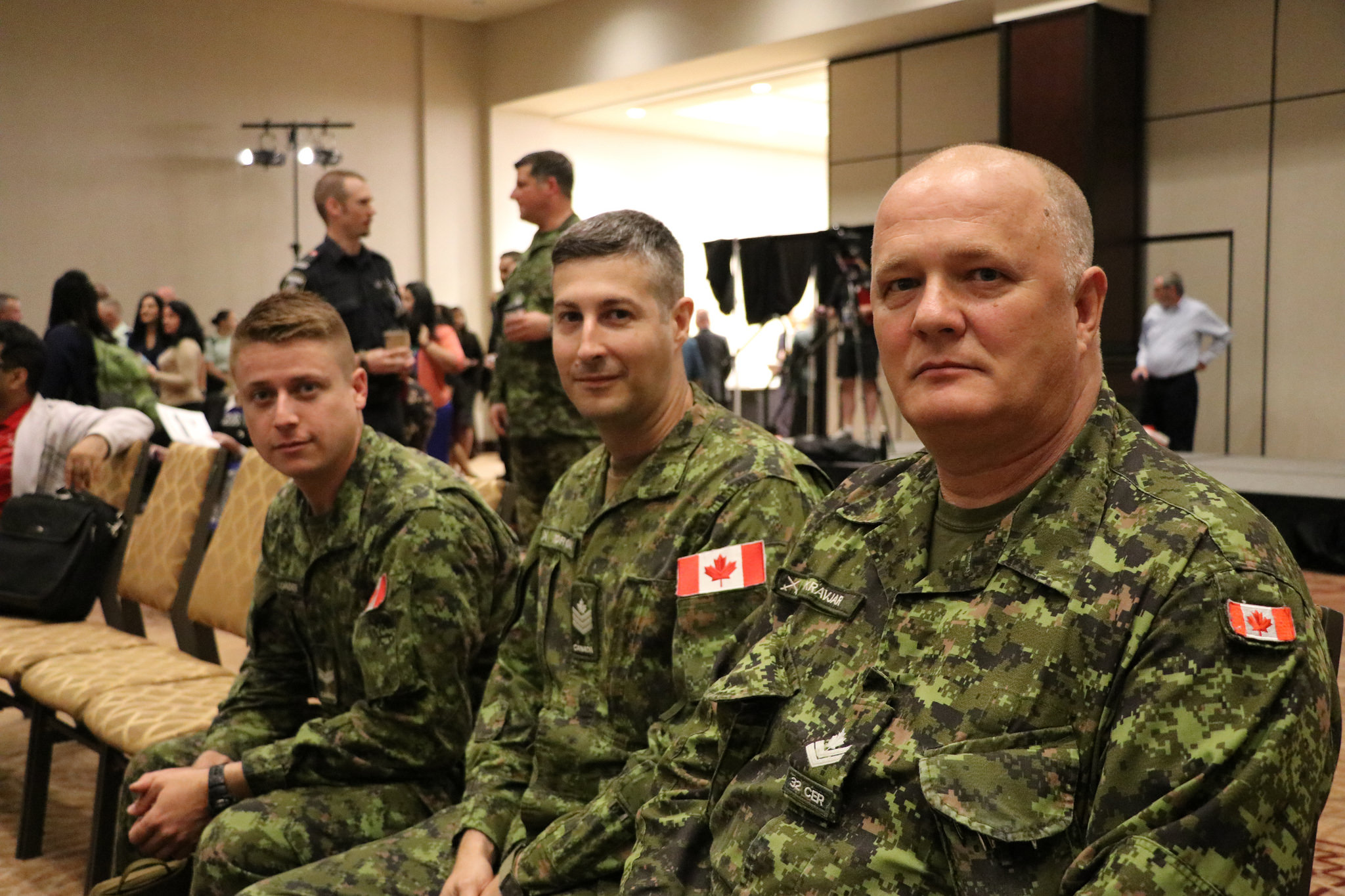
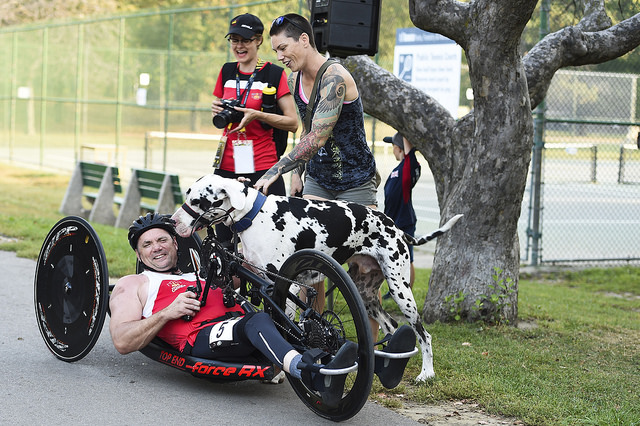
-
- 92 per cent of GTA residents said they agree that “the Invictus Games can make a significant difference in the lives of veterans with physical and mental injuries” (“strongly agree” 52 per cent and 41 per cent “somewhat agree”).
-
- The research also shows there is strong support in the Greater Toronto Area for “any program that aims to help Canada’s veterans with physical and/or mental injuries, according 73 per cent of survey respondents (up from 49 per cent prior to the Games).
-
- Following the Games, “strong” support for the Canadian Armed Forces increased from 51 per cent in April 2016 to 64 per cent, as well as for wounded service members, which increased 10 points, to 63 per cent.
-
- The Invictus Games have elevated Canadian’s national pride overall (+22 per cent between April 2016 and October 2017).
-
- The three levels of government funding partners (Canada, Ontario and Toronto) all ranked highly, and the public sees the Games sponsors as showing care for mental health (86 per cent), Canada’s veterans (88 per cent) and overcoming adversity (86 per cent).
The research was conducted by Maru/Matchbox using the Angus Reid Forum, both before and after the 2017 Invictus Games. The Invictus Games are an international adaptive sporting event for wounded, ill and injured service members and veterans that were hosted in Toronto in September. The research compares findings from polling conducted in three phases: April 2016, July 2017 and after the Games in October 2017. The sample size for each phase of the research was n=1,000 Canadians.
Funding Parties



